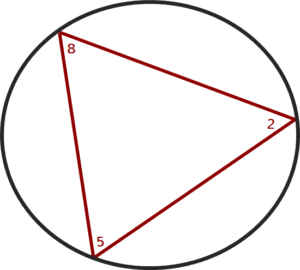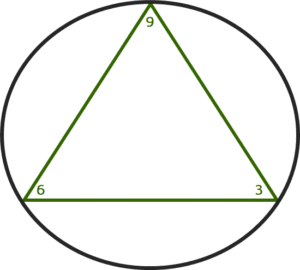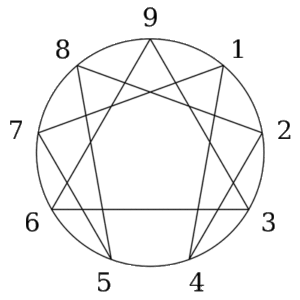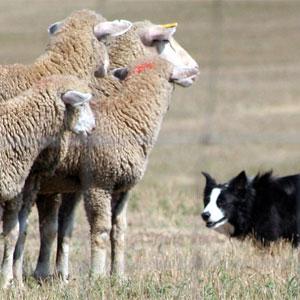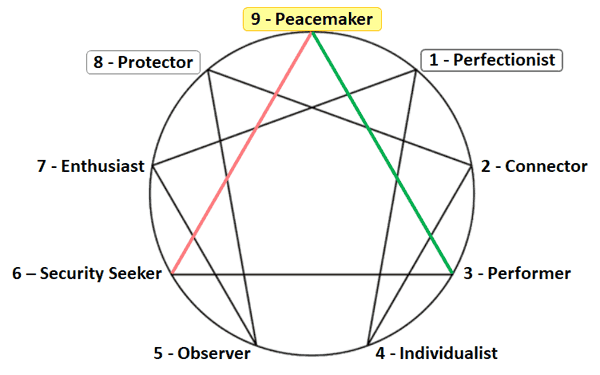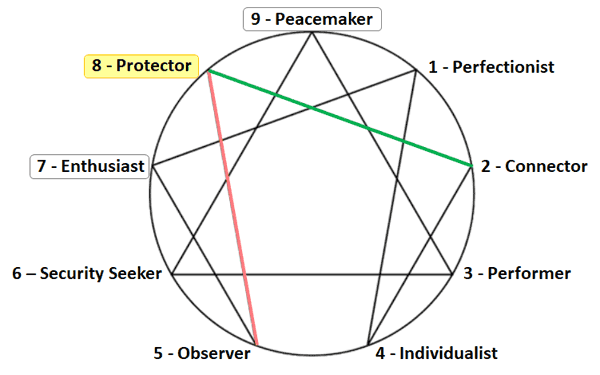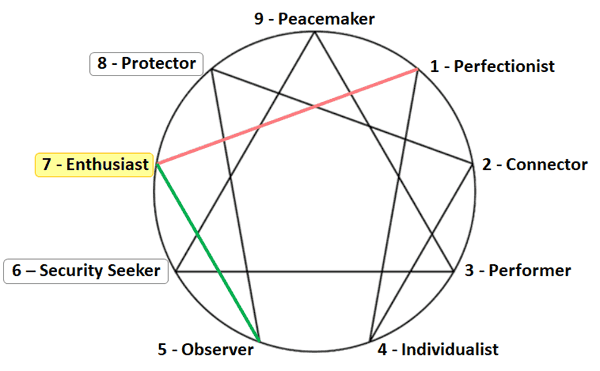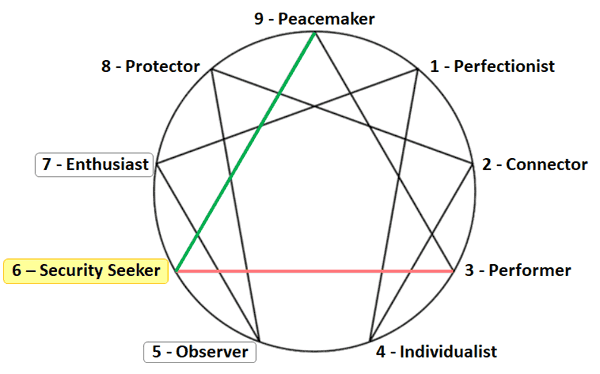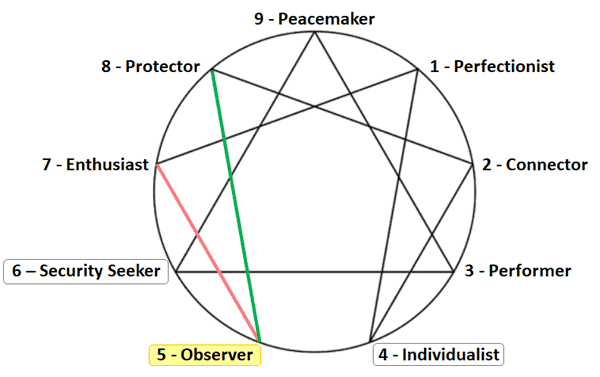In the final installment of William Schafer’s take on the enneagram, the members of the Heaven Triad seek to imbue life with meaning: FOURS through the importance of the individual and self-expression, SEVENS by radiating joy, and ONES by striving for an expression of divine perfection. Even as they reach for the sublime, they tell us how life fails to reach utopian possibilities.
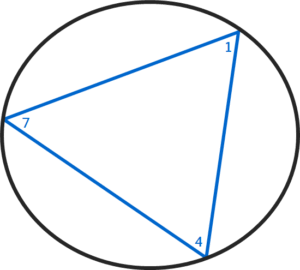 FOURS are disappointed idealists who focus on beauty and seek a world in which everything of importance or substance is attained (though they fixate on what’s missing).
FOURS are disappointed idealists who focus on beauty and seek a world in which everything of importance or substance is attained (though they fixate on what’s missing).- SEVENS are excited idealists who focus on potential and are impatient for its realization. They seek an ideal, positive world that is free of suffering and pain and full of pleasant, free-flowing experiences.
- ONES are exacting idealists who seek a perfect world according to their internal standards of the way things ought to be. They focus on order and work diligently (often too hard) to attain their standards.
The members of this triad are shut off: FOURS from appreciating the already perfect wholeness in all there is; SEVENS in embracing all of life – good and bad, mundane and ecstatic; and, ONES from appreciating variations and differences in life and in people.
| TYPE FOUR | TYPE SEVEN | TYPE ONE | |
| Life Force | Receptive (yin) |
Active (yang) |
Balancing (yin/yang) |
| Emotional Regulation | Reactive (expressing) |
Positive Outlook (reframing) |
Competency (containing) |
| Center of Intelligence | Heart (feeling) |
Head (thinking) |
Body (instinctive) |
Type Four: The Individualist
According to Schafer, FOURS have lost sight of how all physical and psychological forms spring forth from one source and connect with the field of Qi – a.k.a., Holy Origin. Our deepest authenticity and worth originate in one’s connection to the divine mystery. When disconnected from it, there is a deep sense of deficiency and endless preoccupation with retrieving what was lost.
FOURS experience envy rooted in a feeling that others possess what they lack. Melancholy arises in the wake of unquenchable longing. They seek intense emotions to feel real but may find they take over and runs on their own. Their desire to be seen results in searching for that which what is authentic, unique, and individual.
To establish reconnection with the Origin, FOURS must give up their dramatic external searching and settle quietly within. They find healing in Equanimity, recognizing that life can be meaningful without the roller coasters. Mindfulness of emotions enables them to observe emotions without letting them take control.
Type Seven: The Enthusiast
According to Schafer, SEVENS have lost sight of nature’s ability to sustain energy effortlessly, as the constant flow of water in a waterfall. There is a grand Work, Plan, and Wisdom in the universe that creates and sustains beautiful patterns. It requires neither our machine-like contributions nor our compulsively designed schemes. It unfolds and calls upon us to abide within it.
SEVENS have an abundance of creative energy and move outward mentally, constantly mapping and planning for the future. They’re always asking “what’s next” to seek pleasure and avoid boredom and pain.
SEVENS profit from heeding the call to Constancy, being grounded in the moment, allowing the holy weaving of my life to work out. It transforms unrestrained doing to an appreciation for the underdetermined surprises and delight. Pleasure shifts from the act of mental mapping (yang) to the experience of enjoying the moment (yin).
Type One: The Perfectionist
According to Schafer, ONES have lost sight of Being’s completeness be-ing – Perfection as it is. This loss of essence lands like a wave of wrongness, challenging ONE’s internal standard of rightness.
ONES’ fault-finding gives rise to the inner effort of improving. They want to re-create perfection. It renders them preoccupied with rules and correctness. They experience anger but hold it in all the while urgency trying to fix that which seems off-the-mark. The root of the problem lies not with the inflexible standards but in placing their hopes in standards in the first place.
The antidote lies in Serenity, leaving the maelstrom of perfection and anger. It implies a clear vision of each element as a manifestation of Dao to which one can be still and welcoming. ONES then receive every instance of life as a gift, perceiving the loveliness of the divine in the features of every human face. This is true serenity.
